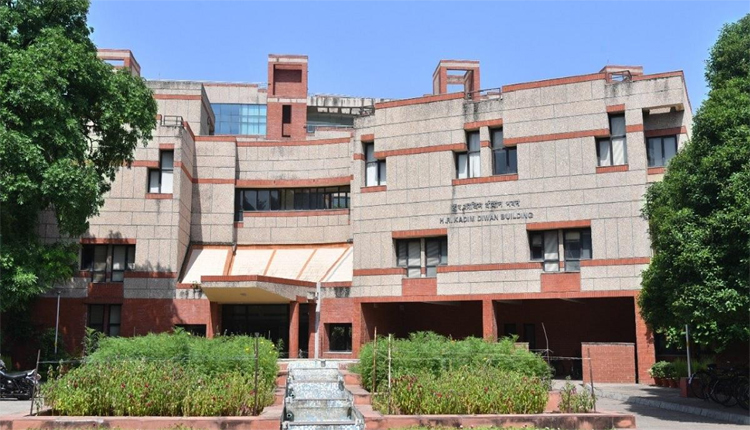New Delhi: India’s prestigious Indian Institutes of Technology (IITs) have long been the dream destination for aspiring engineers, but alarming statistics have revealed a troubling trend—an increasing number of students are taking their own lives. Over the past decade, the number of student suicides at IITs has surged by more than 150%, sparking widespread concern and calls for an independent inquiry commission to address the issue.
Sign in
Sign in
Recover your password.
A password will be e-mailed to you.



Comments are closed.